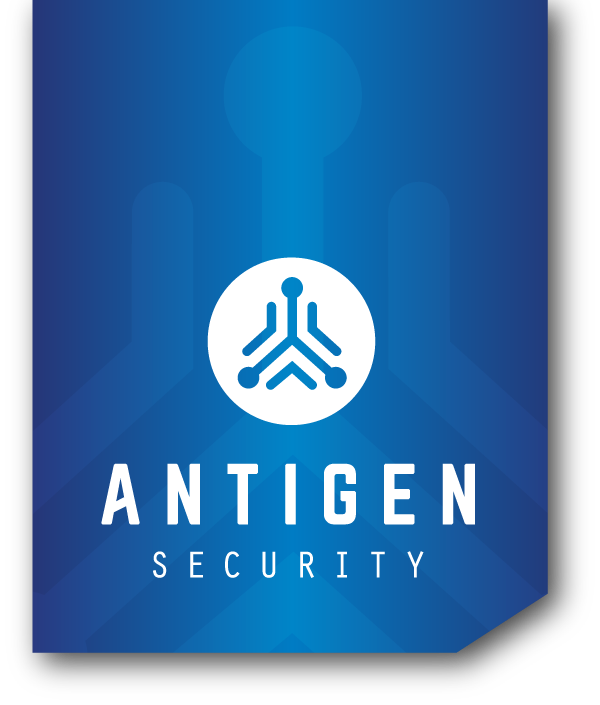Retailers can save significantly on cyber insurance, often with their existing cyber security controls.
Case Study: Safeguarding a Retailer’s Cardholder Data and Cutting Insurance Premiums
Background
A regional retailer with an expanding e-commerce presence struggled to maintain PCI compliance while managing multiple payment processing systems and in-store POS devices. The company’s lack of real-time visibility across its complex environment left it vulnerable to cyber threats—raising both regulatory and financial concerns as insurance premiums continued to climb.
Challenge
The retailer needed to:
- Comply with PCI DSS and protect cardholder data across online and physical stores.
- Detect and respond to threats targeting POS systems, internal databases, and external e-commerce platforms.
- Reduce ballooning cyber liability insurance costs driven by perceived risk and regulatory scrutiny.
Solution
By partnering with Antigen Security, the retailer gained access to a comprehensive set of cybersecurity controls specifically designed for merchants handling large volumes of payment transactions. Key improvements included:
- Unified Threat Detection & Response: Continuous monitoring of all payment systems, from in-store POS devices to e-commerce platforms, enabling real-time identification of anomalies.
- Enforced PCI Compliance Measures: Detailed mapping of security tools and processes to PCI DSS requirements, ensuring the retailer could demonstrate robust safeguarding of cardholder data.
- Streamlined Remediation Workflows: Automations and playbooks for rapid containment of potential breaches or misconfigurations, minimizing downtime and limiting any financial impact.
Results
- PCI Compliance Strengthened: The retailer confidently satisfied audit requirements, reducing the potential for costly fines and brand damage.
- Enhanced Threat Defense: Real-time detection and swift incident response prevented compromises, protecting sensitive data and customer trust.
- Up to 60% Savings on Insurance Premiums: Equipped with verifiable risk reduction measures, the retailer received significantly more favorable cyber liability insurance rates, creating additional budget for technology upgrades and business growth.
Conclusion
Leveraging Antigen Security’s advanced controls and PCI compliance expertise helped this retailer secure its payment ecosystem, mitigate risk, and measurably lower insurance costs. The retailer can now focus on expanding its customer base and services with the confidence that its cybersecurity and compliance foundations are strong—and its premiums are more manageable.
